

SOCIAL
ASIGE enrolls 100 vulnerable girls into vocational training
Vulnerable girls from rural communities in the Upper East Region enrolled onto various vocational and technical training by the Advocacy for Social Inclusion and Girls Education (ASIGE), a non-government organisation, which has reached 100 within five years.
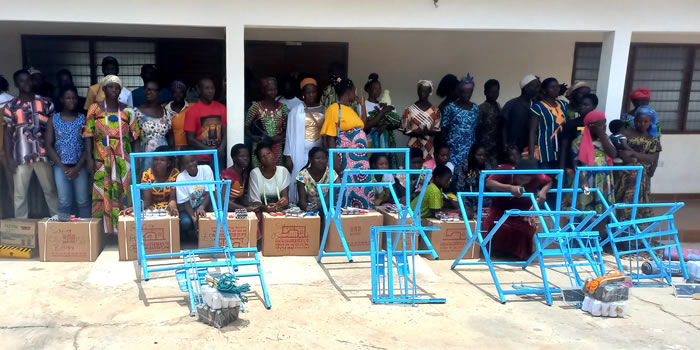
Date Created : 4/24/2024 12:00:00 AM : Story Author : Anthony Adongo Apubeo/Ghanadistricts.com
This follows the latest admission of 20 selected young vulnerable girls to undergo a three-year practical training in various trades such as hairdressing, smock weaving, dressmaking, and welding, among others.
With funding from the Amplify Action based in the United Kingdom, the beneficiaries were also provided with learning materials and equipment as well as payment for the entire training duration.
Since 2019, ASIGE has been working with various stakeholders to help reduce unemployment in the region through the support of young vulnerable girls, particularly out of schoolgirls and teenage mothers, to learn various trades in vocation skills.
It has also been advocating for policy directions for African countries to prioritise technical and vocational training as means to reduce unemployment, reduce poverty and strengthen efforts towards the achievement of the Sustainable Development Goals (SDGs).

Ms Dorcas Apoore, Executive Director, ASIGE said apart from the training, the beneficiaries would also be given entrepreneurship and digital training to enable them to establish their businesses, attract and retain customers.
She said so far about 33 girls had successfully graduated from the training and five had already started their own businesses, earning income and employing other young girls.
“Majority of these girls were on the streets of Accra, Kumasi and other parts of Ghana but since we brought in this programme, these so many girls are engaged and we believe in five years-time, should they all graduate, they will support other vulnerable girls,” she said.
The Executive Director explained that technical and vocational skills training was key to reducing unemployment and boosting socioeconomic growth and development.
However, the educational systems of Ghana and other African countries were mostly based on theories.
The situation, she indicated, had contributed significantly to the high rate of unemployment and limited graduates from establishing their own businesses and contributing to solving social problems.
Ms Apoore underscored the urgent need to align a policy framework that prioritised handwork for young people, adding “we have so many graduates on the streets, but they don’t have the practical skills.”
Madam Rita Abamah, Bongo District Girl Child Officer, Ghana Education Service, indicated that most of the young girls enrolled had missed out on the formal education and the support would go a long way to build their capacity to live dignified lives.
She advised the beneficiaries to humble themselves and learn so that they would acquire the needed skills that would enable them to establish their own business and become economically independent.
Ms Martha Asaane, one of the Master Trainers, said they were willing to train the girls at reduced fees and urged the parents of the beneficiaries to support their wards.
Ms Matilda Adombire, one of the beneficiaries, expressed gratitude to ASIGE and its partners for the intervention and noted that the support would enable her make up for the formal education she missed and become responsible in society.
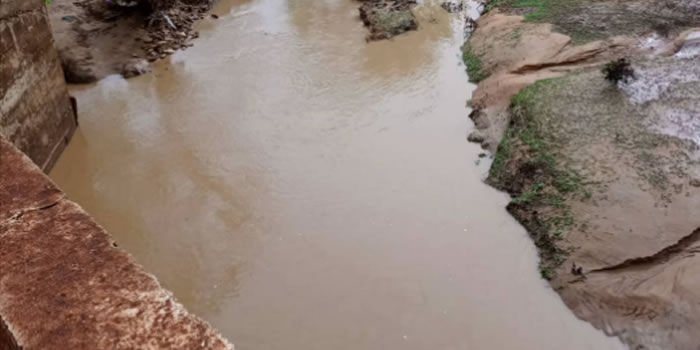
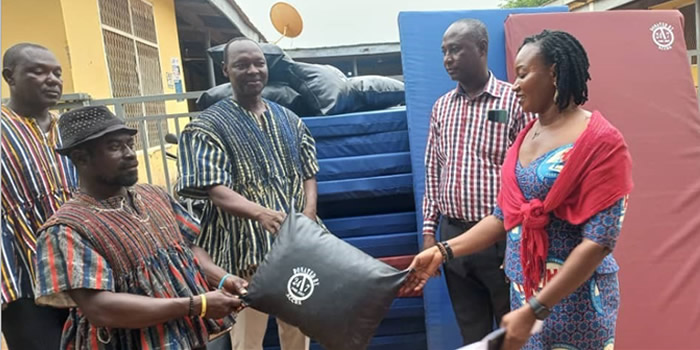
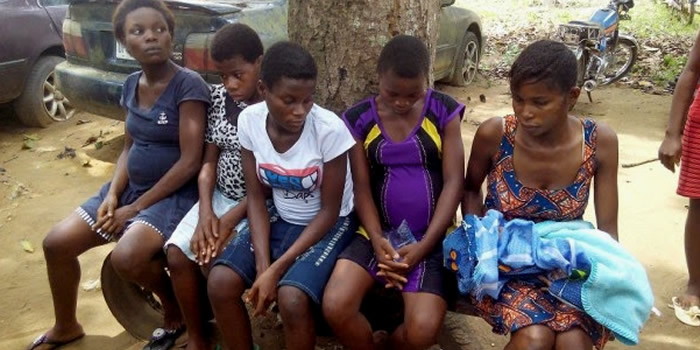

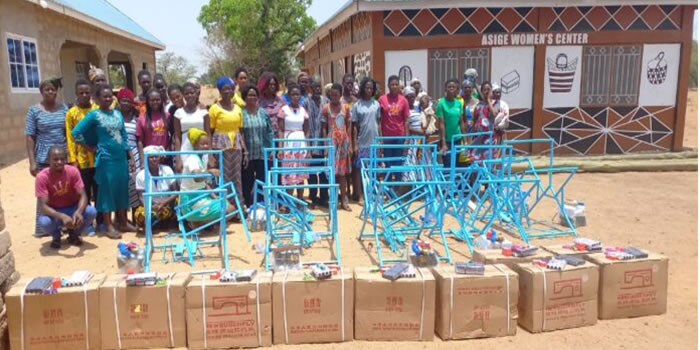

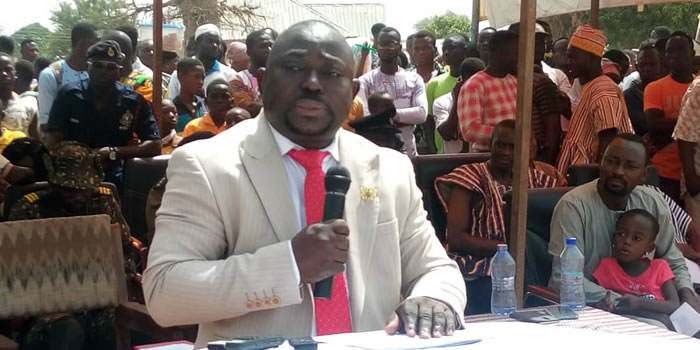
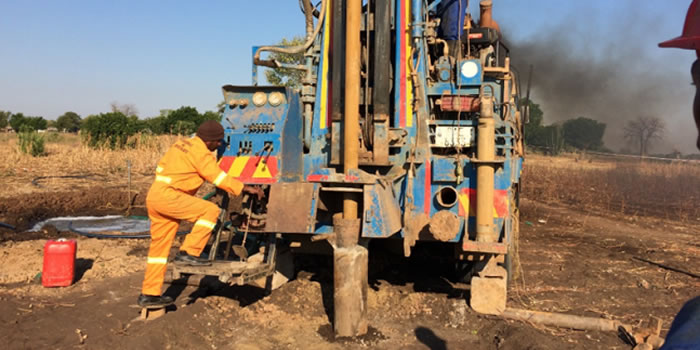
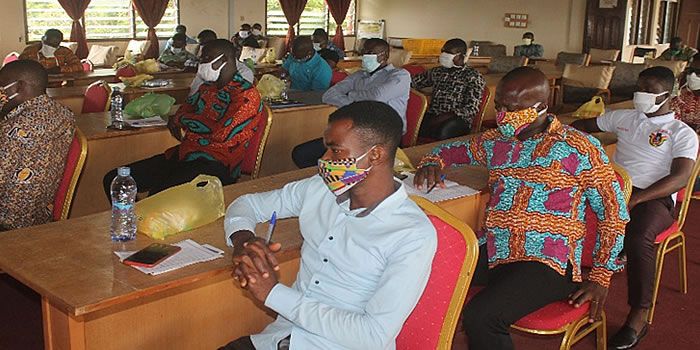

 facebook
facebook
 X
X
 Youtube
Youtube
 instagram
instagram
 +233 593 831 280
+233 593 831 280 0800 430 430
0800 430 430 GPS: GE-231-4383
GPS: GE-231-4383 info@ghanadistricts.com
info@ghanadistricts.com Box GP1044, Accra, Ghana
Box GP1044, Accra, Ghana